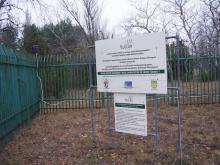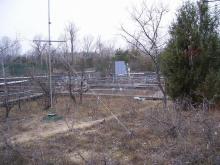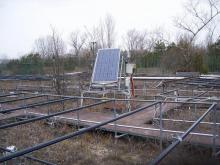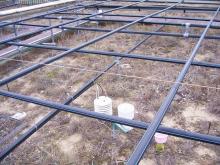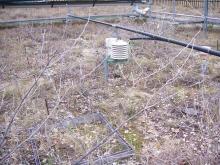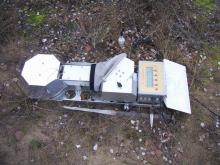(VULCAN) Célunk a klímaváltozás hatásának kísérletes vizsgálata európai cserjés ökoszisztémákban. Csapadékkizárással szárazodást, takarással melegedést szimulálunk. A kezelések hatására a növényzetben, a talajban, a talajoldatban és az állatvilágban bekövetkezett változásokat rendszeres monitirozással követjük nyomon.
A vizsgálatsorozat egy klímagradiens mentén hat országban folyik: Dániában, az Egyesült Királyságban (Walesben), Hollandiában, Spanyolországban, Olaszországban és Magyarországon. A magyar mintaterület a Kiskunsági Nemzeti Park fülöpházi területén egy nyáras-borókás és évelő nyílt homokpusztagyep alkotta mozaikos élőhelyen található. A kutatás objektuma a Populus alba gyökérsarjai alkotta cserjés és az alatta elterülő Festuca vaginata dominálta gyep.
The VULCAN project
Project coordinator (VULCAN): Claus Beier (RISOE, Denmark)
Hungarian project leader (VULCAN): Kovács-Láng, Edit
Staff (VULCAN):
Garadnai János
György Kröel-Dulay
Eszter Lelleiné Kovács
Barbara Lhotsky
INCREASE is an EU-funded infrastructure of 7 large-scale climate change experiments and a phytotron designed to study climate change effects on shrublands.
The participating infrastructures offer unique facilities for European scientists to study longer term effects of climate change on shrubland ecosystems. One main goal of the project is to provide a wider and more efficient access to the research facilities for internal and external users.
Due to transitional (grassland-shrubland-forest) character of Kiskunság, this ecosystem is expected to be sensitive to predicted changes in climate, thus being an ideal target system for climate change studies. This infrastructure located in the Pannonian ecoregion with strong continental climatic influence enable scientists to test or compare their results obtained previously in different ecosystems. The mosaic of shrubs (Populus alba) and grasses (both C3 and C4!) provide a good opportunity to study a transitional ecosystem in an experimentally altered climate.
Project leader (INCREASE): György Kröel-Dulay
Staff (INCREASE):
Sándor Barabás
Tibor Kalapos
Kovács-Láng, Edit
Eszter Lelleiné Kovács
Miklós Kertész
